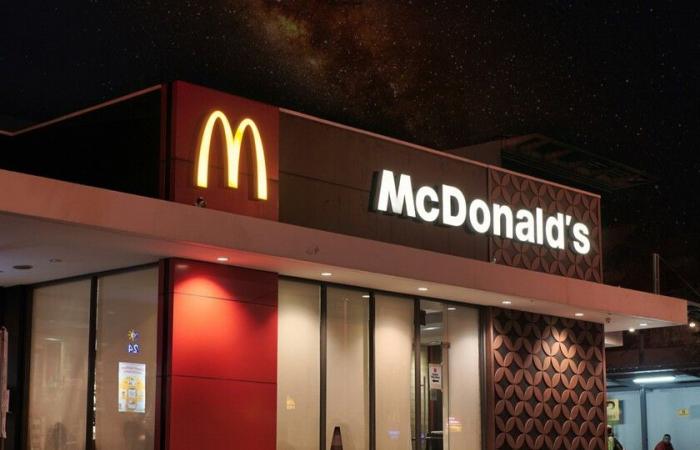The AI-based self-service that McDonald’s began testing in 2019 has been canceled. Too many inaccurate or incomplete orders and many frustrations
In 2019, long before the generative AI craze, McDonald’s partnered with IBM to develop an AI-based self-service system. It sought to streamline the ordering process and reduce employee workload.
However, the initiative has suffered many obstacles, starting with errors in processing orders and the feedback negative from customers. The test has ended without success and the project has been canceled, according to the agency AP News.
Because it is important. McDonald’s is a gigantic company that capitalizes 180 billion dollars and is always at the forefront in the automation of processes and the application of technology in its restaurants, far ahead of its competition.
That McDonald’s just cancels this project, and right in the middle of the investment fever and expectations about AI in which we live, is a canary in the mine regarding its limitations, no matter how many resources the person implementing it has.
Behind the scenes. The AI system had difficulty with certain accents, confusion with background noise, and was unable to handle some complex requests. That translated into inaccurate and incomplete orders, frustrating customers and employees.
McDonald’s bought Apprente, a voice recognition startup, in an effort to improve its digital ordering capabilities. It wasn’t the only AI startup it bought that year. Despite promising potential, reality was stubborn.
The context. McDonald’s is not the only one that has explored the possibilities of AI and automation in hospitality. Wendy’s or Chipotle also experimented with similar technologies, but with mixed results.
The restaurant industry sees AI as a way to address labor shortages and improve service efficiency. However, McDonald’s experience shows the difficulties of the process and a lesson: there is still a long way to go before AI can be reliable when ordering food.
In perspective. AI has the power to revolutionize the industry, but current technology is not foolproof and needs further refinement.
McDonald’s continues to invest in digital initiatives, such as mobile ordering and deliverywhich have achieved much more immediate success and acceptance by customers.
The next. This decision reflects the importance of controlled testing before expanding a new technology. On the other hand, it is very likely that future iterations will overcome the current limitations.
AI has not been able to conquer fast food ordering in 2024, but it will surely do so later.
In Xataka | Restaurants are becoming overcrowded. So there are already people earning $80,000 for reselling reservations in New York
Featured image | Visual Karsa on Unsplash






